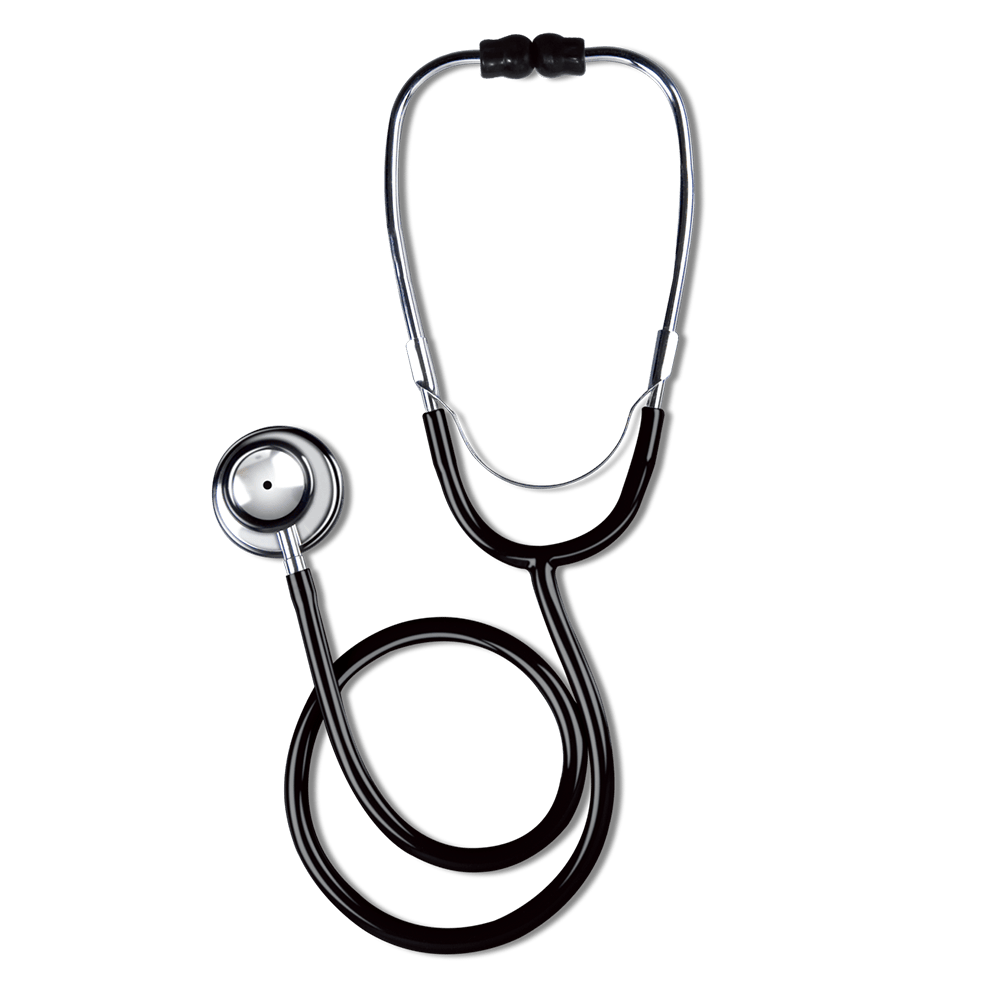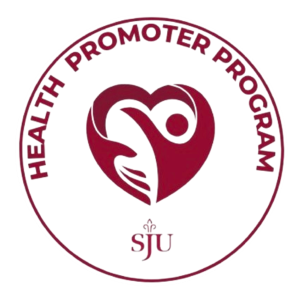About Us
Powered by the Institute of Clinical Bioethics
At ICB Health Promoter, we are proud to be affiliated with the Institute of Clinical Bioethics at Saint Joseph’s University. The Institute is a trailblazer in the field of bioethics, committed to advancing knowledge through interdisciplinary research, educational programs, academic courses, clinical consultation, and policy development services. Their mission aligns seamlessly with ours, as we strive to promote health and well-being within our community.
By combining our efforts, we aim to provide comprehensive and ethically grounded healthcare services to our community. Together, we are dedicated to making a positive impact on the health and well-being of individuals and families in the Philadelphia area.
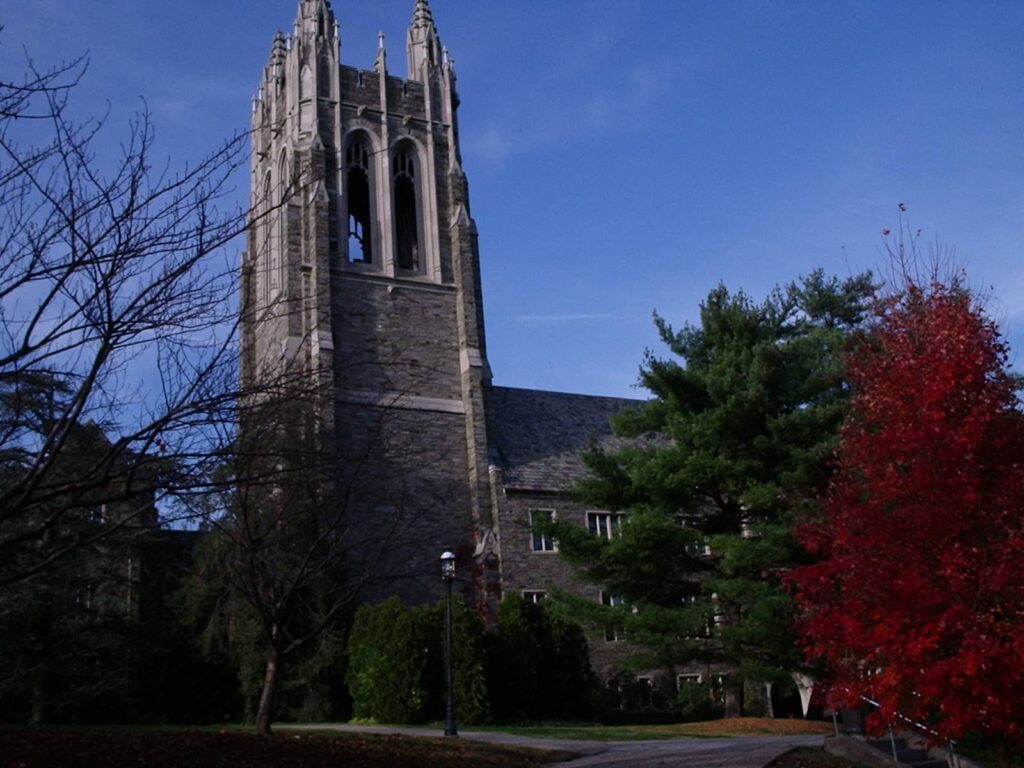
ICB Health Promoter is more than a healthcare initiative; it's a commitment to fostering health and well-being within our community
Our multifaceted approach encompasses a range of stations and programs designed to address diverse aspects of individual and community health.
Health Promoter Stations
- Height and Weight
- Blood Pressure and Pulse Oximetry
- Blood Glucose and Cholesterol Testing
- Healthy Mother & Healthy Baby
- Eye Glasses
- Dental Program
- Physical & Occupational Therapy
- Cardiac, Cancer, and Rheumatology Screenings
- Opioid Resource Distribution
- Medical Residents
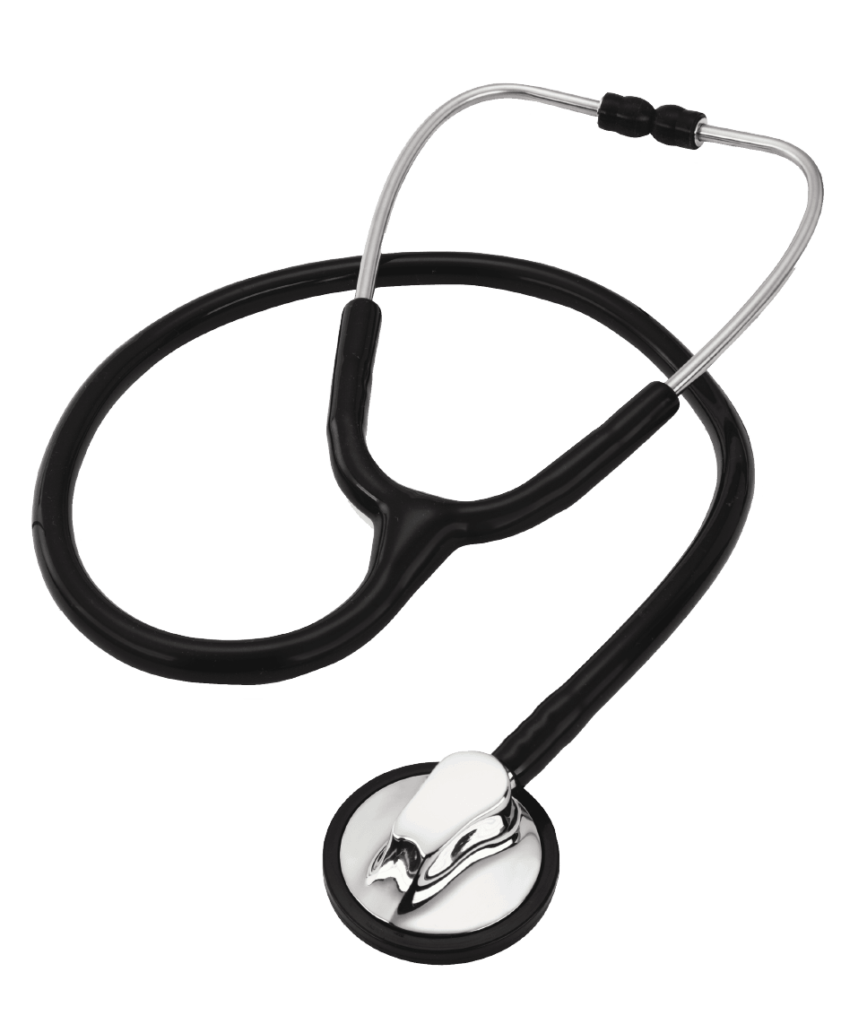
Our Mission
At ICB Health Promoter, our mission is clear: to make a positive impact on the health and well-being of individuals and families in the Philadelphia area. Through collaborative efforts with the Institute of Clinical Bioethics, we strive to deliver ethical, accessible, and comprehensive healthcare services that respect the diverse needs of our community.
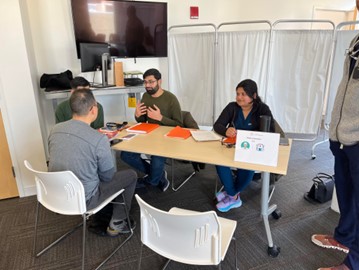
Our diverse Health Promoter Programs, pioneered by the Institute of Clinical Bioethics, bring community-based preventative healthcare to the forefront
Each program is meticulously designed to cater to the unique needs of specific populations, ensuring that the underserved receive comprehensive, culturally sensitive, and no-cost healthcare.
Explore our Health Promoter Programs:
African Health Promoter Program: Pioneering Preventative Care
The African Health Promoter was the first Health Promoter Program, established in November of 2012. The Program was established in order to serve the needs of the community at the time: a number of African men were being treated for kidney disease at Mercy Hospital. Inaccessibility to affordable care for the uninsured prevented much of the community from seeing a doctor regularly and preventing disease until it was too late. The Mercy Hospital Task on African Immigration and the Institute of Catholic Bioethics turned to the third world concept of “Health Promoters” to manage the care of the growing immigrant population. The Mercy Health Promoter Model was built on the principle of justice, aiming to reduce the medical disparities faced in minority and undocumented communities. The African Health Promoter is held at Saint Cyprian Church in West Philadelphia and serves Nigerian and French speaking West African communities. This event is held on the second Sunday of every month, which allows patients to see the doctors consistently and to track their health progress. We typically see between 70-100 people between the two communities. The church has a medical committee with whom we collaborate for feedback and to promote the event.
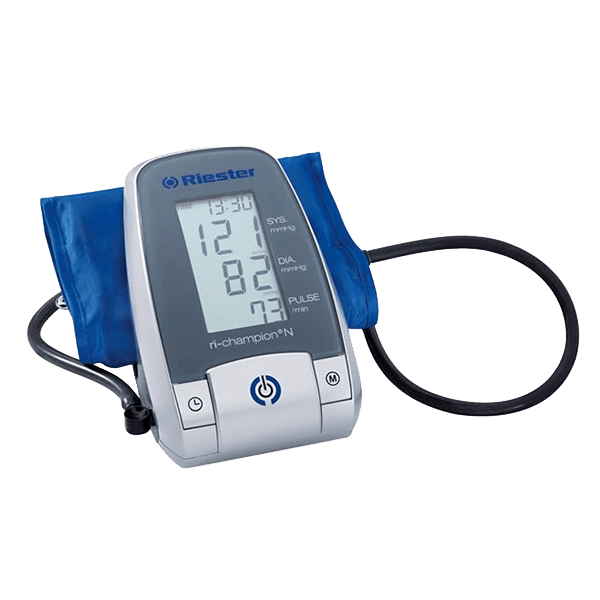
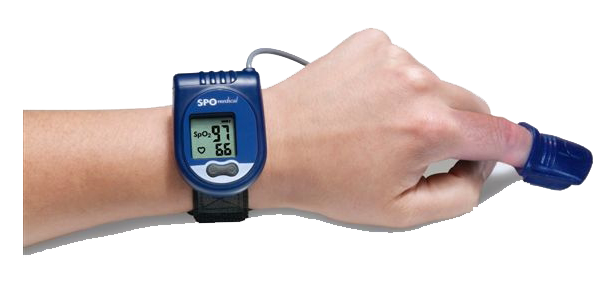
Hispanic Health Promoter Program: Bridging Gaps in Preventative Care
Since its beginning in October of 2014 at St. Patrick’s Church in Norristown, PA, the Hispanic Health Promoter Program has been committed to serving the local Hispanic population by providing effective preventative care to anyone who comes through the clinic. Although the locations of our clinics have since changed, the goals put forth by the original Mercy Health Promoters have remained the same. Like the other promoters offered by the Institute of Clinical Bioethics, the Hispanic Health Promoter strives to provide community-based, preventative healthcare to the uninsured, underinsured, and undocumented at no charge. Today, the Hispanic Health Promoter operates out of the Mexican and Guatemalan Consulates of Philadelphia. At these locations, we provide care to a largely undocumented population, with most patients completing their journey to the United States not long before coming to the clinic. An average clinic will see about 70 Spanish-speaking patients from varying age groups, and translators are provided.
Asian Health Promoter Program: Tailoring Care to Cultural Needs
The concept of the Asian Health Promoter Program emerged in the Fall ‘22 semester. Witnessing the impact other Health Promoter Programs had on their respective communities, a Saint Joseph’s undergraduate student wished to bring the Program to his Chinese Church. This desire presented a unique opportunity for the Institute of Clinical Bioethics to expand its horizons and meet the needs of a community facing challenges in healthcare accessibility from the inside out. Over the winter months, the Asian Health Promoter team worked alongside key figures of the Chinese Christian Church and Center (CCCNC) to design and implement a novel Health Promoter tailored specifically to the needs of Philadelphia’s Chinatown community. The first Asian Health Promoter was held in February 2023 at the CCCNC. Unlike many of the other Health Promoters, the Asian Program has taken many shapes throughout the 2023 year and continues to evolve today. It currently operates on a bi-monthly basis at St. Thomas Aquinas Church in South Philadelphia, serving Vietnamese and Indonesian populations. In the offset months, the Promoter is held bimonthly at the Chinese Gospel Church in Chinatown. In June, a special Promoter was held at the Philadelphia Chinatown Development Corporation’s (PCDC) Crane Exposition Center, resulting in a partnership with PCDC that will begin in January 2024. At each Asian Health Promoter, the team has served anywhere between 45-115 people from a wide variety of Asian ethnicities. In November, the Asian Health Promoter broke the Health Promoter record of most people served with over 115!
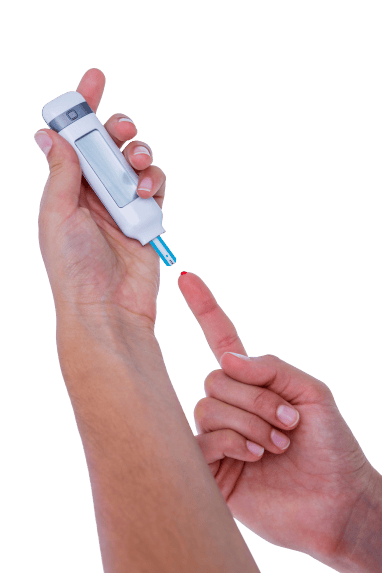
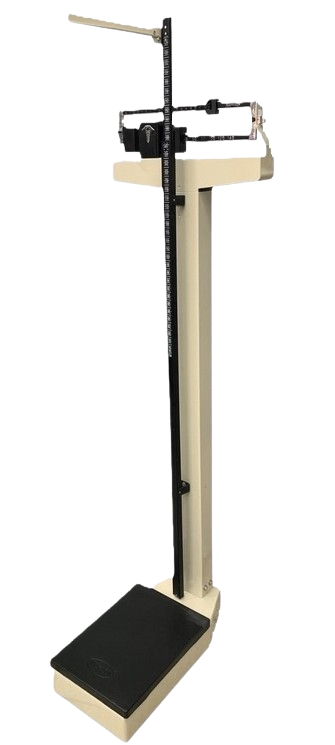
BIPOC Health Promoter Program: Collaboration for Community Well-being
Initially born from our ongoing partnership with Penn Medicine in 2023, The BIPOC & Kensington Health Promoters represent a two-pronged project. The combined resources of Penn Medicine and the Institute of Clinical Bioethics assemble our clinical teams on an ad hoc basis, allowing for a great flexibility and specificity in the kinds of services we can offer. To date, we have assembled clinics at Penn Treaty Park, directly serving indigenous American tribes of the region, as well as a clinic on Penn’s campus proper at the Irvine Auditorium, where we saw well over 70 African American men. Our team remains committed to continuing these clinics, which bring service and care to the members of our community who remain most at risk. The second aspect of our team has just launched a monthly recurring clinic in Kensington, Philadelphia on Allegheny Avenue. We developed a relationship with a local organization which acts as a community center for local residents, which sees hundreds of individuals weekly. Kensington remains the epicenter of the homelessness and drug addiction in our country and community, and our team is incredibly proud to be given the opportunity to bring service and care to our neighbors who are most in need. Our first clinic saw almost 80 individuals, many of whom are undocumented Latino immigrants. The Kensington clinical is also the first iteration of our Wound Care services. Current illegal street drugs often cause festering wounds in those who use them, and we have a fully trained and supplied medical team that can clean and dress these wounds to better improve the quality of life of anyone who might require this type of service.
Mobile - Rural Health Promoter: Expanding Healthcare Horizons
The Mobile / Rural Health Promoter Program is a healthcare initiative that was launched in January 2023, designed to provide preventive medical services to undocumented, uninsured, and underserved migrant workers in the United States. The Institute of Clinical Bioethics has a strong connection with the Consulate of Mexico in Philadelphia, and inspired by the previous Health promoter clinics held at their site, an opportunity arose to co-host mobile clinics. The Consulate of Mexico is responsible for providing services to individuals in Pennsylvania, New Jersey, and Delaware, so they often travel to different locations to support large populations of people. The communities reached by the Consulate are also in need of healthcare, so the Institute of Clinical Bioethics decided to expand its services outside of Philadelphia. After hosting one of the Mobile Health Promoter clinics, the Institute was approached again by a Resident at Jefferson North East about the idea of hosting a Rural Health Promoter at various blueberry fields in New Jersey. From this, it was clear that the mission of the program was to develop and implement a healthcare program for the Hispanic and migrant farm worker (MFW) populations that would meet two distinct needs: 1) provide healthcare for those in need, and 2) do so cost-effectively. Our team now travels approximately an hour, either in conjunction with the Consulate of Mexico, or to a particular farm, to provide services to various groups of individuals in need.
